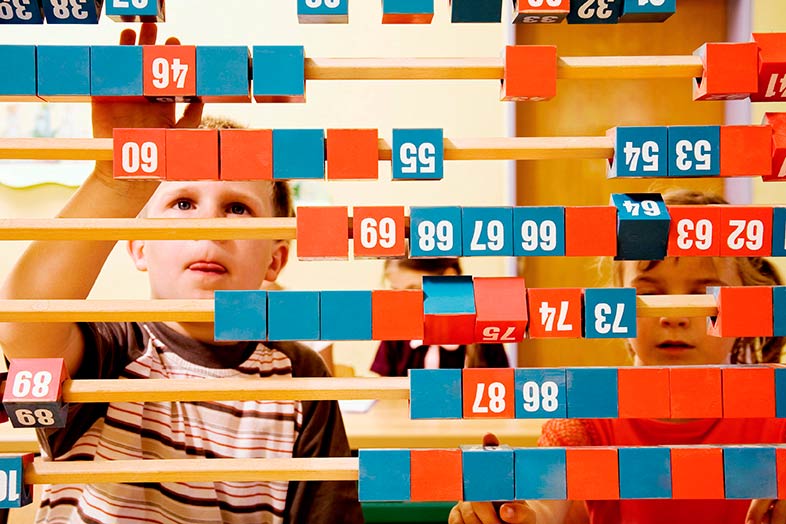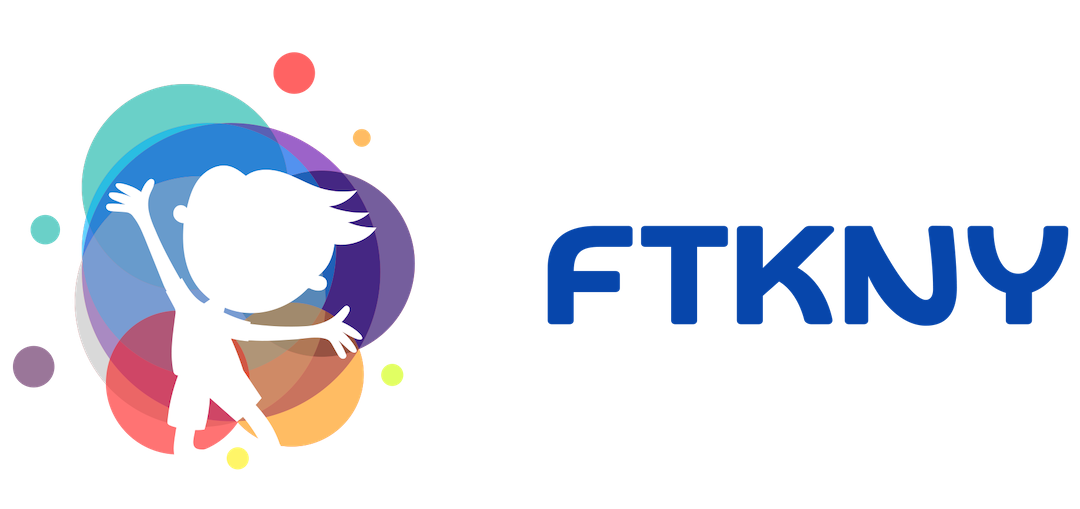Did you know that children start using math throughout their daily routines and activities during early childhood without actually realizing it?
This doesn’t mean that they can comprehend mathematical concepts and consciously apply them, but rather means that they can understand the basic concepts of numbers, quantities and shapes through every day activities such as counting the number of steps in a flight of stairs, counting and sharing their toys with other children.

Introducing your children to such basic concepts during their early childhood can prove to be extremely beneficial because such skills can later be honed and improved upon to form your child’s basic mathematical foundation once they start their schooling. In order to further that effort, here are 5 basic math concepts that can be introduced to children by incorporating them into simple everyday activities:
Numbers and Counting
You can introduce the concept of numbers by helping them see the relationship between numbers. Show them the difference between more and less by using stimuli such as cookies or toys. For instance, keep 10 cookies on a plate and give only 5 to your child by stating the quantity each time you place a cookie in their plate, ask them if they would like to have more or less, and how much more or less. Your child will be able to recite the numbers in sequence and count various items they come daily.
Shapes and Spatial Relationships
The basic understanding of space and spatial relationships are extremely important as they form the basis of multiple mathematical concepts. This can be done by helping your child understand the relationship between differently shaped objects by placing themselves in the equation. For instance, when you take your child to the park and he/she is playing in the jungle gym, identify the various shapes you can see and ask them to play along. You can then explain concepts such as ‘over’, ‘under’, ‘around’ etc. to help them understand the spatial relationships.
Measurements
As for measurements, you need to help your child understand the concept of size, weight, volume and time. Show them the difference between a light and heavy object by using examples. For instance, you can build structures with playing blocks to show them how the weight and size of a structure can increase or decrease depending on the quantity of blocks used.
Patterns and Reasoning
Once your child understands basic shapes and quantities, you can easily start helping them recognize patterns, by showing them repetitions of objects, events, colors, textures or even sounds. This pushes them to apply their reasoning skills to understand and identify patterns. For instance, you can ask your child to arrange their blocks by size or color.
Classifying and Sorting
After understand the basic concepts of numbers, shapes and volume, you need to teach them how to gather, sort/classify such information to analyze it and draw conclusions. For example, hand your child two boxes of different sizes and colors along with its lids and ask your child to place the lid on the corresponding box through their understanding of size, shape and color.
So, there you have it, some great ways on including math in your daily routine to further your child’s mental as well as overall development, thereby preparing them for their course once they start schooling. There are a number of online math learning tools and platforms that provide training videos and material to help your child grasp such concepts quicker. You can consider getting your child started with some great programms or online tutoring classes for math. The end goal is to make math a part of your child’s routine in order to enable the easy grasping of tougher concepts when the time comes!
[divider]
 About Author: Making education simple and easy to comprehend is Dana Jandhyala’s forte. She’s had a long career as an educator where she has taught in several different schools and institutes in multiple countries. Today, she helps students with personalized online tuitions by MySchoolPage that help make concepts easy to understand, making learning fast and fun. She writes to help students study better, and to coach parents so they can facilitate the success of their children.
About Author: Making education simple and easy to comprehend is Dana Jandhyala’s forte. She’s had a long career as an educator where she has taught in several different schools and institutes in multiple countries. Today, she helps students with personalized online tuitions by MySchoolPage that help make concepts easy to understand, making learning fast and fun. She writes to help students study better, and to coach parents so they can facilitate the success of their children.
